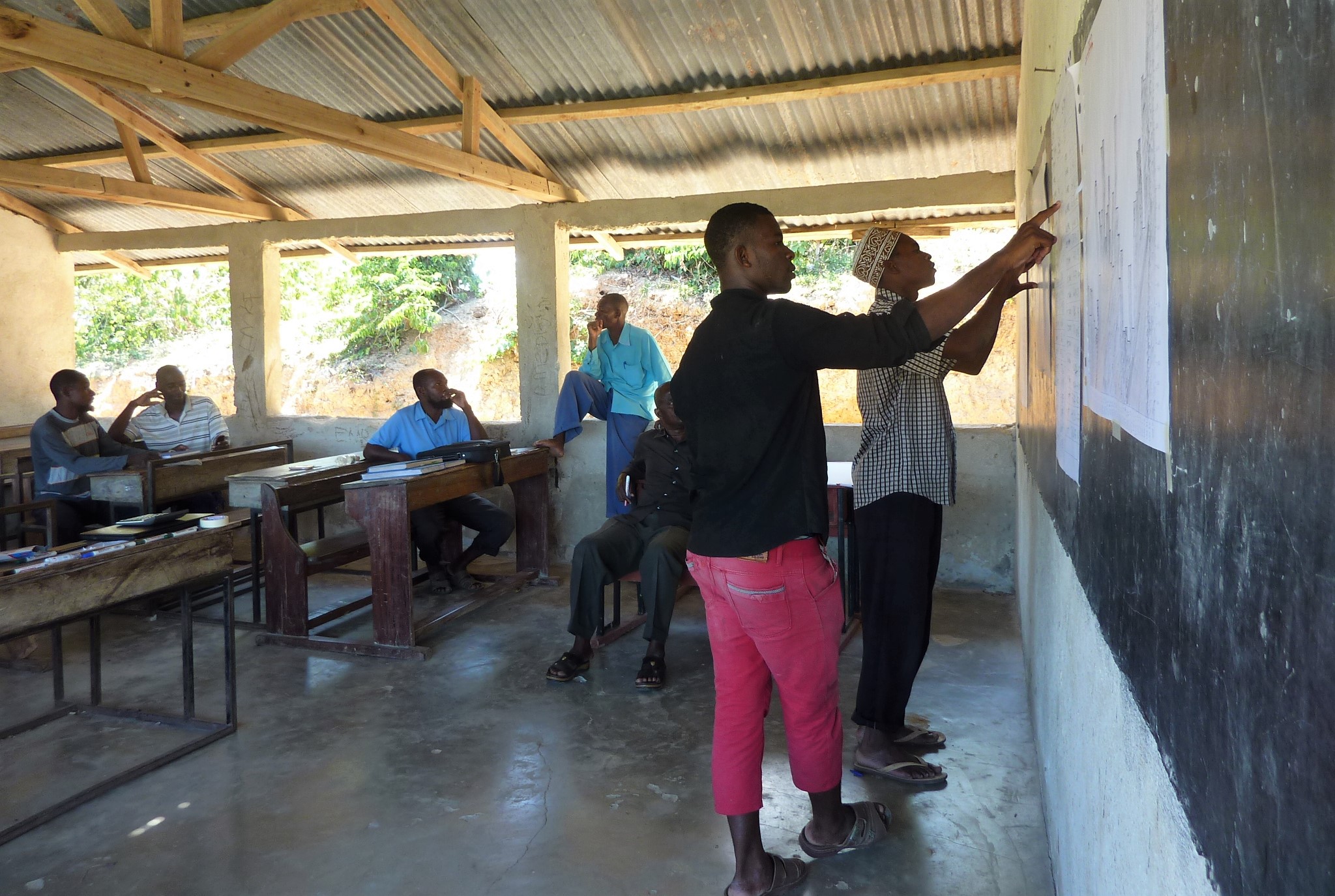Critical reflection and review
Reflection and review gives room to an evaluation of the learning and change that has occurred and the contributing factors. It is an essential part of the process to ensure that learning continues. Engaging in a critical reflection and review of the changes that have happened enables dissonance borders to be stretched and for participants to acknowledge mistakes and successes and to be able to determine the reasons why. Through engaging in a reflexive practice, new influences and pressures were also considered as benefits and or constraints. These then informed subsequent actions.
Synthesizing information, creating space for knowledge learning and sharing of experiences to understand and change outcomes from local people’s perspectives. Understanding the different roles and responsibilities has proven to strengthen relationships necessary for sustainable prosperity of interactions locally and globally.
Lesson learning has been a priority from the outset and the project adopted a participatory action framework for its evaluation. A range of data collection methods was used, ranging from informal discussions and focus groups to photo-voice exercises. As the data and lessons learned were through a collaborative process, so the shift toward sustainable change outcomes was also collaborative, highlighting the importance of shared learning and importance of creating space for a deliberative dialogue between different participants. This reflexive approach ensures those lessons are continually learned collaboratively and that sustainable change and adaptation become synonymous.
